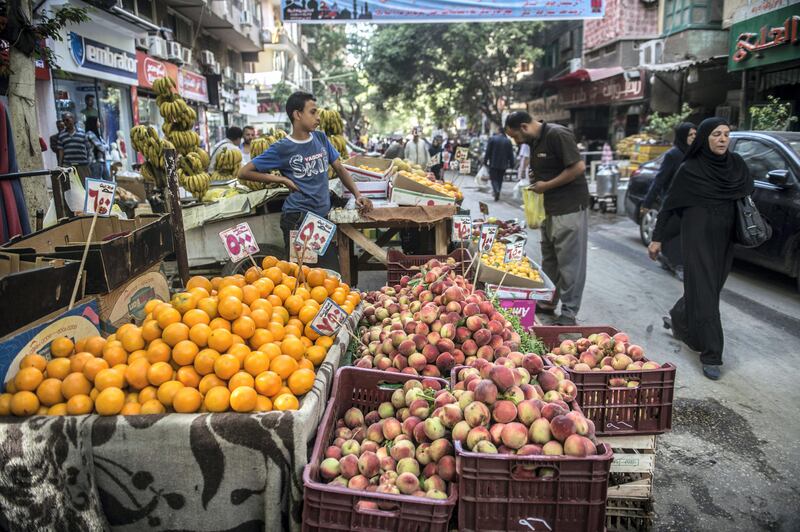Egypt’s central bank said yesterday that its foreign exchange reserves rose in July to US$36.04 billion, a record high, as $4.7bn poured into government coffers. Foreign reserves are important for ensuring a steady flow of food imports into the country, where at least 30 per cent of the population lives under the poverty line.
The doubling in size of the reserves comes in the aftermath of the government’s move last November to devalue a currency that had been artificially pegged to the dollar, which had created a shortage in hard currency that was a drag on an economy highly reliant on imports.
The devaluation of the currency was among conditions that needed be met, including a reduction of subsidies, to unlock a $12bn loan from the IMF.
While Egypt should be applauded for having the courage to devalue its currency and be proud of the results, largely a reflection of the financing and investment it has been able to attract since meeting the IMF conditions, that nonetheless should not prompt the government to rest on its laurels as much still remains to be done.
The pound is not yet fully convertible and ordinary Egyptians who want to purchase US dollars continue to face restrictions on amounts they are allowed to transact. Moreover, the steady range in which the currency is trading does not suggest it is as freely traded against the dollar as the euro, Swiss franc or even the Russian rouble.
A free trade in foreign exchange is good for a country’s economy. That is in large part because in times of weakness it makes the exports of a nation attractive, and when times are good it boosts purchasing power.
Aside from the currency, there are a number of economic challenges that remain for Egypt, and the country must continue to rise to the challenge to ensure enough jobs are created to help pull millions out of poverty.
For that to happen, Egypt must get its finances in order and direct money that it has used on draining energy and food subsidies towards education, building more schools and hospitals to produce fit graduates who are ready to take the country to greener pastures.






